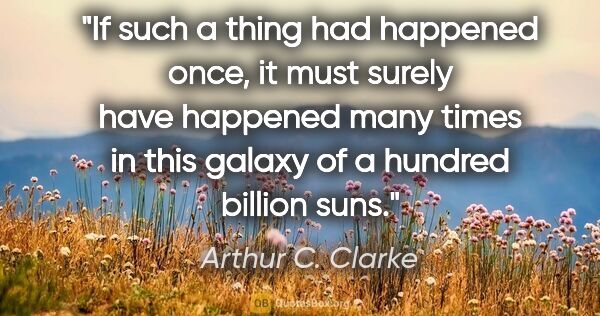Many Quotes (page 191)

I lose count of how many bottles of Sardinian wine we drink before Deborah introduces to the table the suggestion that we follow a nice American custom here tonight by joining hands-and each in turn-saying what we are most grateful for. In three languages, then, this montage of gratitude comes forth, one testimony at a time.
Elizabeth Gilbert
And the same things look bent and straight when seen in water and out of it, and also both concave and convex, due to the sight’s being mislead by the colors, and every sort of confusion of this kind is plainly in our soul. And, then, it is because they take advantage of this affection in our nature that shadow painting, and puppeteering, and many other tricks of the kind fall nothing short of wizardry.
Socrates
Morality is neither rational nor absolute nor natural. World has known many moral systems, each of which advances claims universality; all moral systems are therefore particular, serving a specific purpose for their propagators or creators, and enforcing a certain regime that disciplines human beings for social life by narrowing our perspectives and limiting our horizons.
Friedrich Nietzsche
The range of the human mind, the scale and depth of the metaphors the mind is capable of manufacturing as it grapples with the universe, stand in stunning contrast to the belief that there is only one reality, which is man's, or worse, that only one culture among the many on earth possesses the truth. To allow mystery, which is to say to yourself, "There could be more, there could be things we don't understand," is not to damn knowledge. It is to take a wider view. It is to permit yourself an...
Barry Lopez

...to fill the young of the species with knowledge and awaken their intelligence... Nothing could be further from the truth. The aim... is simply to reduce as many individuals as possible to the same level, to breed and train a standardized citizenry, to put down dissent and originality. That is its aim in the United States... and that is its aim everywhere else.(writing of public education in the April 1924 The American Mercury)
H. L. Mencken

